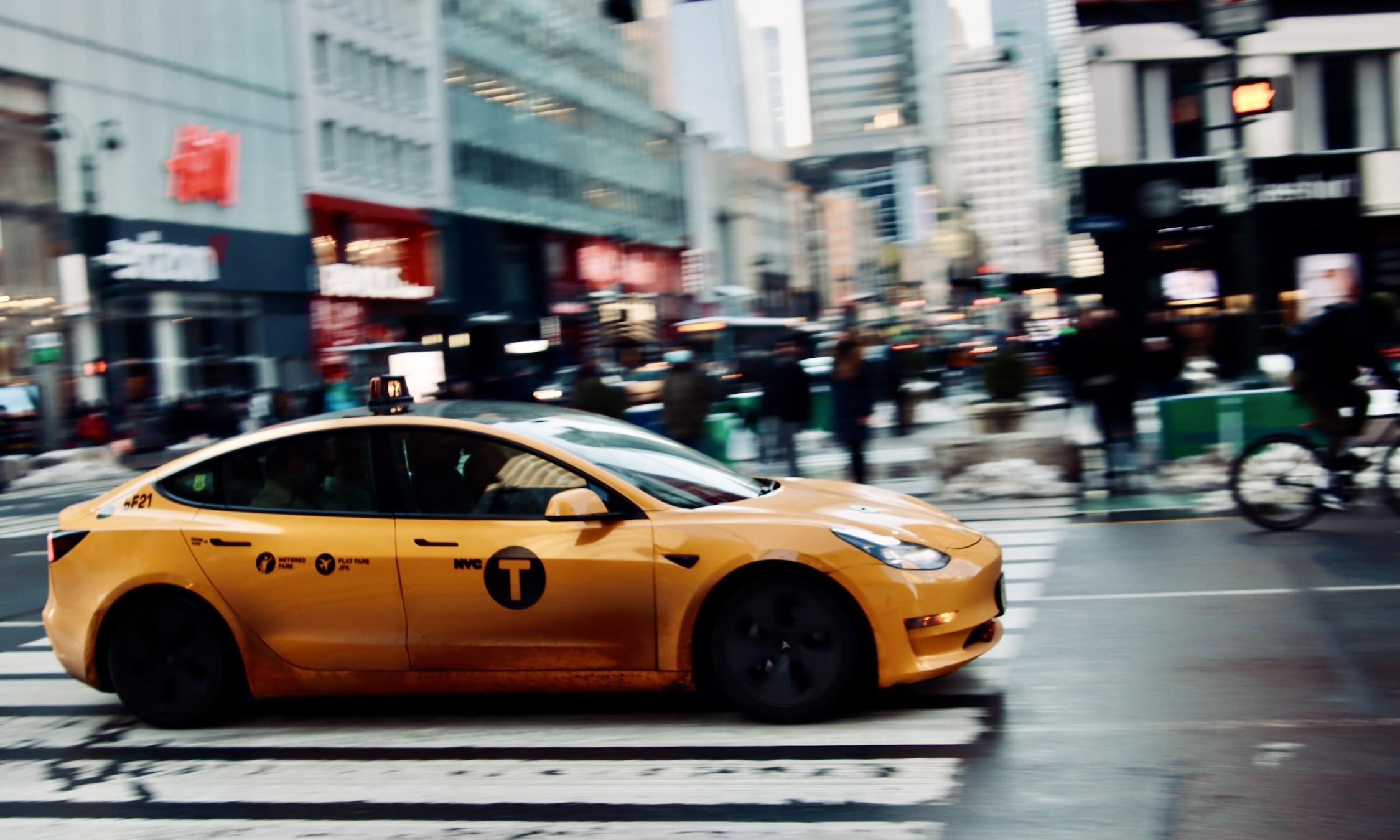Tesla emerged victorious on Tuesday in the first U.S. trial concerning allegations that its Autopilot driver assistant feature resulted in a fatality. This verdict represents a significant triumph for Tesla as it faces multiple similar lawsuits nationwide.
Jury Verdict Marks Second Win for Tesla
This latest jury verdict marks Tesla's second major win this year, as juries have consistently declined to find the company's software defective, reports Reuters. Tesla has been actively testing and rolling out its Autopilot feature, as well as its more advanced Full Self-Driving (FSD) system.
The case, heard in a California state court, was filed by two passengers involved in a 2019 crash. They accused Tesla of being aware of Autopilot's defects at the time of sale, as per The Guardian. Tesla vehemently defended itself, attributing the crash to human error.
The 12-member jury unanimously announced that the vehicle involved in the crash did not possess a manufacturing defect. The final vote resulted in a 9-3 decision in Tesla's favor.
Riverside County Lawsuit Allegations
The civil lawsuit, filed in Riverside County Superior Court, asserted that the Autopilot system caused the owner's Model 3 to suddenly veer off the highway, striking a palm tree and resulting in a fiery crash, all within seconds.
Tesla steadfastly denied any liability, alleging that the owner, Micah Lee, had consumed alcohol before operating the vehicle. Tesla also contended that it was uncertain whether Autopilot was engaged at the time of the incident.
During the trial, the jury in Riverside was solely tasked with evaluating whether a manufacturing defect had influenced the steering mechanism.
Advocates for the plaintiffs presented a 2017 internal Tesla safety analysis, identifying an "incorrect steering command" as a potential defect involving an "excessive" steering wheel angle. However, Tesla's legal representation argued that the safety analysis was not indicative of a defect but rather aimed at addressing any hypothetical issues that might arise with the vehicle.
Tesla had previously won another trial in Los Angeles in April, arguing that their technology requires human monitoring despite the names "Autopilot" and "Full Self-Driving." Jurors believed that Tesla adequately warned drivers about the system and attributed the accident to driver distraction.
Photo: Paul Cuad/Unsplash



 Amazon Stock Rebounds After Earnings as $200B Capex Plan Sparks AI Spending Debate
Amazon Stock Rebounds After Earnings as $200B Capex Plan Sparks AI Spending Debate  Trump Family Files $10 Billion Lawsuit Over IRS Tax Disclosure
Trump Family Files $10 Billion Lawsuit Over IRS Tax Disclosure  New York Judge Orders Redrawing of GOP-Held Congressional District
New York Judge Orders Redrawing of GOP-Held Congressional District  Federal Judge Blocks Trump Administration Move to End TPS for Haitian Immigrants
Federal Judge Blocks Trump Administration Move to End TPS for Haitian Immigrants  Federal Judge Rules Trump Administration Unlawfully Halted EV Charger Funding
Federal Judge Rules Trump Administration Unlawfully Halted EV Charger Funding  SpaceX Pushes for Early Stock Index Inclusion Ahead of Potential Record-Breaking IPO
SpaceX Pushes for Early Stock Index Inclusion Ahead of Potential Record-Breaking IPO  Trump Lawsuit Against JPMorgan Signals Rising Tensions Between Wall Street and the White House
Trump Lawsuit Against JPMorgan Signals Rising Tensions Between Wall Street and the White House  California Sues Trump Administration Over Federal Authority on Sable Offshore Pipelines
California Sues Trump Administration Over Federal Authority on Sable Offshore Pipelines  CK Hutchison Launches Arbitration After Panama Court Revokes Canal Port Licences
CK Hutchison Launches Arbitration After Panama Court Revokes Canal Port Licences  FDA Targets Hims & Hers Over $49 Weight-Loss Pill, Raising Legal and Safety Concerns
FDA Targets Hims & Hers Over $49 Weight-Loss Pill, Raising Legal and Safety Concerns  Rio Tinto Shares Hit Record High After Ending Glencore Merger Talks
Rio Tinto Shares Hit Record High After Ending Glencore Merger Talks  Supreme Court Signals Doubts Over Trump’s Bid to Fire Fed Governor Lisa Cook
Supreme Court Signals Doubts Over Trump’s Bid to Fire Fed Governor Lisa Cook  U.S. Lawmakers to Review Unredacted Jeffrey Epstein DOJ Files Starting Monday
U.S. Lawmakers to Review Unredacted Jeffrey Epstein DOJ Files Starting Monday  Nvidia CEO Jensen Huang Says AI Investment Boom Is Just Beginning as NVDA Shares Surge
Nvidia CEO Jensen Huang Says AI Investment Boom Is Just Beginning as NVDA Shares Surge  Prudential Financial Reports Higher Q4 Profit on Strong Underwriting and Investment Gains
Prudential Financial Reports Higher Q4 Profit on Strong Underwriting and Investment Gains  Norway Opens Corruption Probe Into Former PM and Nobel Committee Chair Thorbjoern Jagland Over Epstein Links
Norway Opens Corruption Probe Into Former PM and Nobel Committee Chair Thorbjoern Jagland Over Epstein Links  Federal Judge Restores Funding for Gateway Rail Tunnel Project
Federal Judge Restores Funding for Gateway Rail Tunnel Project 































